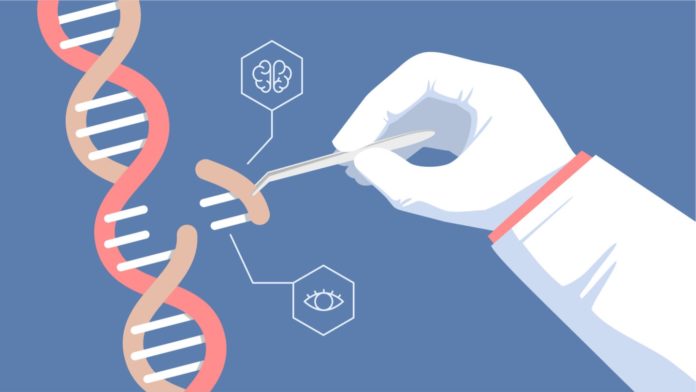Students from Tel Aviv University took home the top prize in the world championship in synthetic biology, the International Genetically Engineered Machine Competition (iGEM).
Consisting of 12 students from a variety of faculties including the captain Karin Sionov and led by Prof. Tamir Tuller, the TAU team came in first in the Best Software Development category, and second place in the category of Foundational Advance, referring to proposed solutions to fundamental synthetic biology problems.
In terms of overall ranking, TAU’s team beat out teams from leading universities like Harvard, MIT, Cornell and Stanford.
Originally set to take place in Boston, as it does every year, the 2020 iteration of the contest was forced to move online due to the coronavirus pandemic.
Hosting teams from 256 different leading global universities, the competition required contestants to form an original concept relating to genetic engineering and implementing it as if it were a viable start-up. This link between innovative start-up ventures and genetic engineering is unsurprising, as the field has numerous applications in fields such as agritech, green energy and pharmaceuticals.
However, a common problem encountered in the field is that genes, which are essentially transplanted between organisms, are often removed from the genome. But the TAU team’s solution to this problem managed to improve the stability and preservation of the inserted synthetic genes. This was accomplished by combining numerous disciplines from engineering to molecular biology to computer science, and used software to design stable DNA.
“This is a very impressive achievement, which proves that TAU leads and excels in synthetic biology – not only in Israel but internationally as well,” Tuller, who is also head
of the Fleischman Faculty of Engineering’s Laboratory of Computational, Systems and Synthetic Biology, said in a statement.
“One proof of the immensity of the achievement comes from a Swiss company that has expressed an interest in our technology, already forwarding a contribution to advance the idea, and intending to support us on our way to commercialization.”
(JPost).






